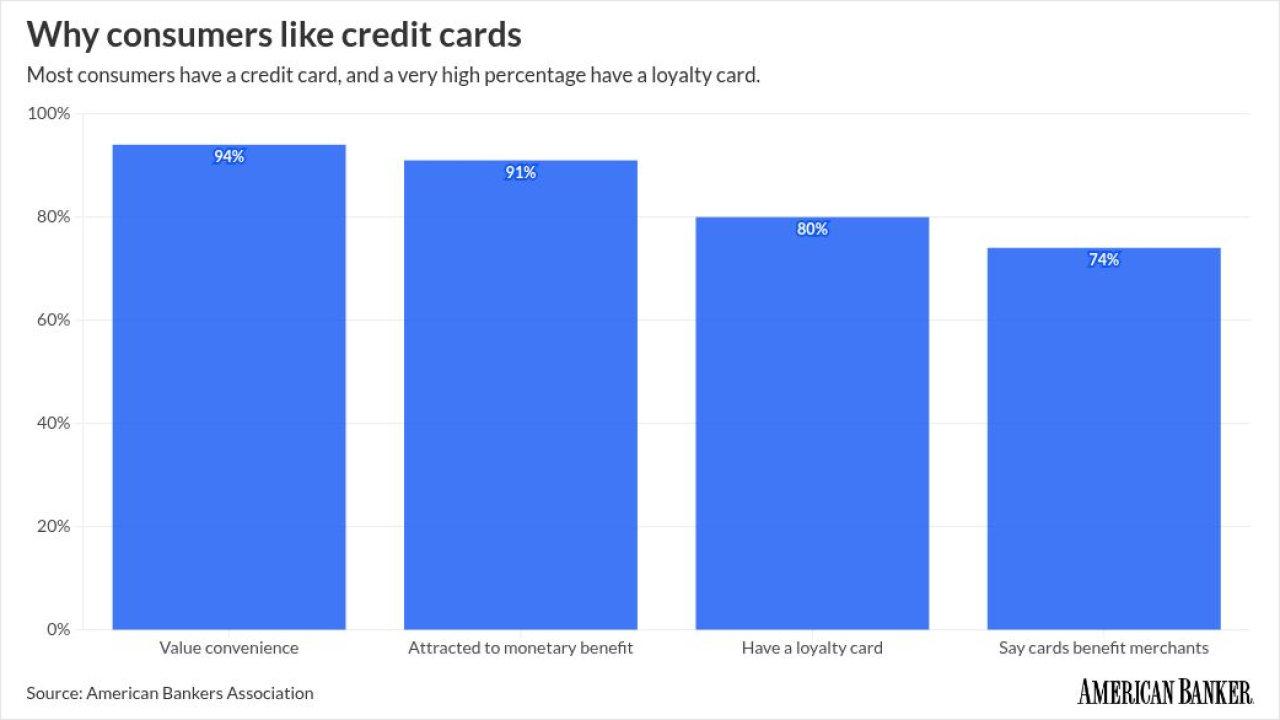
Student lenders plan to finance a significant portion of their federally guaranteed loans this academic year using two programs the Department of Education started in July to guarantee liquidity to the market.
In one of the programs, the department buys loans from lenders outright. So far it has purchased $1.97 billion of loans from five lenders — SLM Corp., the Reston, Va., student lender known as Sallie Mae; Nelnet Inc. of Lincoln, Neb.; Edamerica Inc. in Knoxville, Tenn.; Access Group Inc., in Wilmington, Del.; and Kentucky Higher Education Student Loan Corp., of Frankfort.
In the other program, the department advances money to lenders by buying participating interests in their loans. To date it has provided $2.1 billion of funding this way. According to the department, this program amounts to a put option for warehouse lenders so they do not get stuck with illiquid collateral.
David Dunn, the chief of staff to Secretary of Education Margaret Spellings, said last week that the two programs are designed to encourage lenders to continue participating in the Federal Family Education Loan Program.
(In April, Student Loan Corp., which is majority-owned by Citigroup Inc., stopped making federally guaranteed consolidation loans. The nonprofit Massachusetts Educational Financing Authority stopped offering federal student loans in July.)
"Our priority in establishing these programs and getting them going is to make sure students have access to loans in the 2008-2009 school year," Mr. Dunn said. "We're working diligently to make sure that happens."
However, he said, the department has not heard of students "at any institutions" who have had problems getting federal loans. "We have not seen that yet."
The purchase and advance programs were authorized by the Ensuring Continued Access to Student Loans Act, which President Bush signed into law in May. They are scheduled to run through Sept. 30 of next year. Mr. Dunn said it was too soon to tell whether they will remain in place after that.
Sallie said last week that it will reduce its credit line for federally backed loans by $4.1 billion, to $21.9 billion, and that it will use the department's loan purchase program as a source of additional financing this school year. Tom Joyce, a spokesman for Sallie, said it plans to originate $20 billion of loans this year and will apply to the department for advance funding in weekly installments.
Nelnet said last month that it "expects to utilize the participation program to fund a significant portion of its loan originations."
Robert Shireman, the president of the nonprofit Institute for College Access and Success Inc. in Berkeley, Calif., said there is no evidence that students have been unable to get funding — "only the concern by some lenders" that funding would dry up.
"The fact that the programs are being used indicates it has helped ensure there is less turmoil," in the market, Mr. Shireman said. "At the same time, it does matter what the rates are at which we are subsidizing lenders and whether there will be a more market-based approach in the future to make sure the industry is competitive."
The department is buying loans at their face value plus accrued interest, a 1% origination fee, and $75 per loan to defray administrative costs. For the advances, it is charging a rate equal to those on commercial paper plus 50 basis points (though the spread may increase to 300 basis points in the event of a default).
Mr. Shireman said the $75 fee "may be too generous" by the federal government.
Barmak Nassirian, the associate executive director at the American Association of Collegiate Registrars and Admissions Officers, said he found the advance program "disturbing," because it lets lenders borrow from the department and lend the money back to students at much higher rates.
He also said it was "financially illiterate" to commit to provide the advances for a whole year. "I don't know of any Wall Street financier that would make this type of commitment for a year."
For now the department is servicing the loans it buys, but it has left open the possibility that lenders could retain that job if the volume becomes too much for the agency to handle.
Mr. Nassirian also said he found it worrisome that lenders could automatically get the right to service loans originated with federal money, rather than going through a competitive bidding process.





